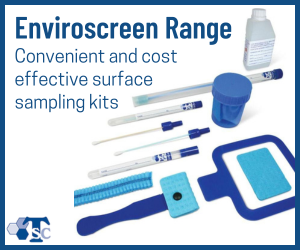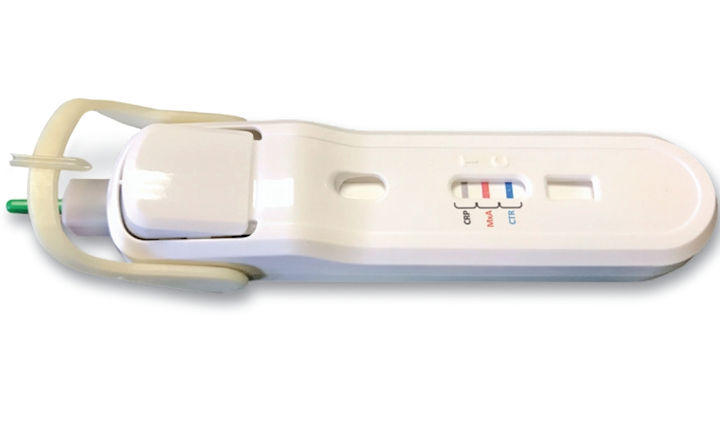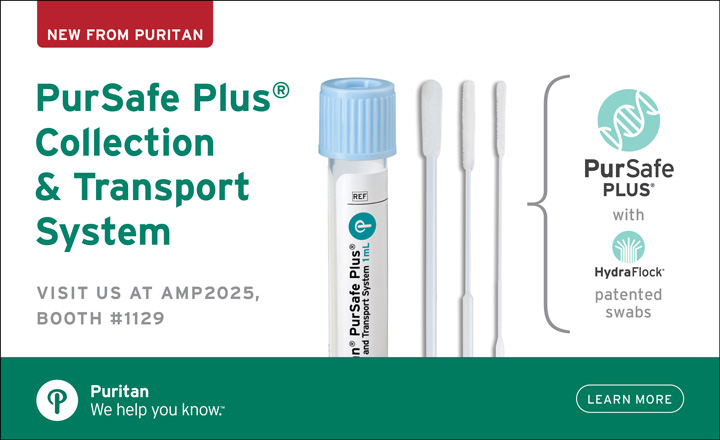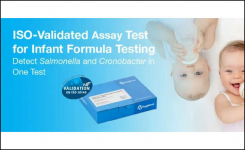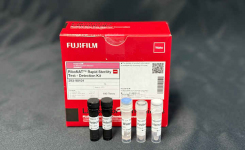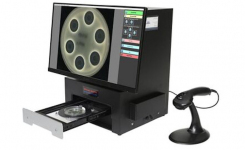Lumos Diagnostics has announced the publication of a COVID-19 (SARS-CoV-2) clinical trial in The International Journal of Clinical Practice titled, “Utility of the FebriDx point-of-care test for rapid triage and identification of possible coronavirus disease 2019 (COVID-19).”
Kettering General Hospital National Health Service (NHS) Foundation Trust in the United Kingdom (UK) prospectively performed a clinical assessment of FebriDx®, a point-of-care (POC) fingerstick blood test to rapidly assess and differentiate viral from bacterial symptomatic respiratory infections (e.g. sore throat, cough or shortness of breath).
The study concluded that FebriDx could be deployed as part of a reliable triage strategy for identifying symptomatic cases as possible COVID-19 in the pandemic.
Investigators concluded that FebriDx would be a useful adjunct to clinical decision making, isolation of COVID-19 cases, and in considering other diagnoses, as other common illnesses including bacterial infections can be overlooked during a viral pandemic.
The FebriDx test utilizes two biomarkers, Myxovirus resistance protein A (MxA) that is uniquely elevated in the blood when there is an acute viral infection and C-reactive protein (CRP) that is raised in the presence of acute inflammation and infection.
Using these markers together, FebriDx rapidly differentiates viral infection in patients that may need immediate isolation and confirmatory SARS-CoV-2 molecular testing, from non-infectious patients and patients with bacterial infections requiring antibiotics.
The impetus for the study stemmed from the need for a solution to the extraordinary strain on healthcare resources that is occurring as a result of the COVID-19 pandemic.
Molecular testing is available in the UK but has a long turnaround time (~48 hours) and therefore cannot provide rapid results (~10 minutes) when needed during initial patient triage; thereby delaying the diagnosis and potentially exposing patients to cross-infection.
The authors proposed a strategy in which any suspected COVID-19 patient that is identified as ‘viral positive’ (+MxA) using the FebriDx test, should be treated as a suspected ‘positive COVID-19’ patient and grouped with other COVID-19 positive patients to help avoid unnecessary exposure.
If a patient is identified as ‘viral negative’ using the FebriDx test, alternative diagnoses should be considered at the outset.
Kettering General Hospital analysed 47 eligible patients of which 34 had a diagnosis of COVID-19. FebriDx detected 34/34 (100%) COVID-19 infections whilst a SARS-CoV-2 molecular test (RT-PCR) detected 29/34 (85.3%) on initial test.
The specificity of both tests was 100%. The delay in diagnosis with PCR meant that patients who did not have COVID-19 were inadvertently exposed to COVID-19 positive patients whilst awaiting confirmatory testing.
In addition, the FebriDx test correctly identified 8/8 bacterial infections with a sensitivity of 100% and a specificity of 92% for bacterial infection.
The investigators concluded that FebriDx would be a useful adjunct to help in clinical decision making, isolation of COVID-19 cases, as well as in considering other possible diagnoses, as other common illnesses including bacterial infections can be easily overlooked during a viral pandemic.
“The unique ability of the FebriDx test to rapidly identify patients as viral or bacterial helps guide clinical decision making, additional confirmatory testing, potential isolation, appropriate antibiotic prescriptions, or provide simple reassurance that an infection is not present,” said Robert Sambursky, MD, president and chief executive officer for Lumos Diagnostics.
“This makes FebriDx the ideal triage test for symptomatic, suspected COVID-19 patients as well as for rapid deployment in any future pandemics.”
A similar study of 251 patients performed at the University of Southampton and recently published in the Journal of Infection identifies FebriDx as a rapid, accurate, and affordable front door triage test to detect viral infection in patients later confirmed to have COVID-19.
Lumos’s current portfolio of tests includes:
FebriDx®, an all-in-one, disposable, 10-minute, fingerstick blood test that differentiates viral from bacterial acute respiratory infections (ARI).
COV-ID™; the Diagnostic Kit (Colloidal Gold) for IgG/IgM Antibody to SARS-CoV-2, a rapid and easy-to-use serology test for the qualitative detection of antibodies to SARS-CoV-2 virus in patients suspected of a history of COVID-19 infection.
Both the FebriDx and COV-ID tests are CE marked for sale in Europe. FebriDx is also registered or licensed with the following other health authorities: Health Canada, Australia TGA, Saudi Arabia FDA, Pakistan DRAP, Singapore HSA, and Malaysia MoH. COV-ID is available in specific global markets in compliance with country requirements.
The FebriDx test has not received U.S. FDA clearance and is not commercially available in the United States. For more information on Lumos Diagnostics, visit lumosdiagnostics.com, and for more information on FebriDx, visit febridx.com.
Note: This content has been edited by a rapidmicrobiology staff writer for style and content.




